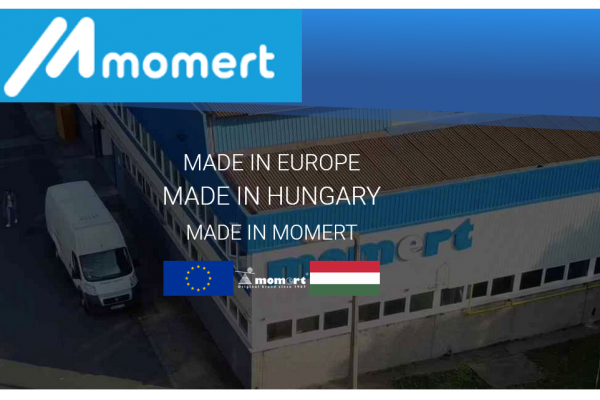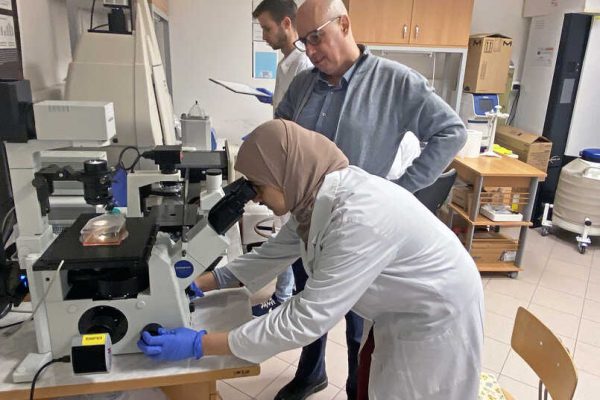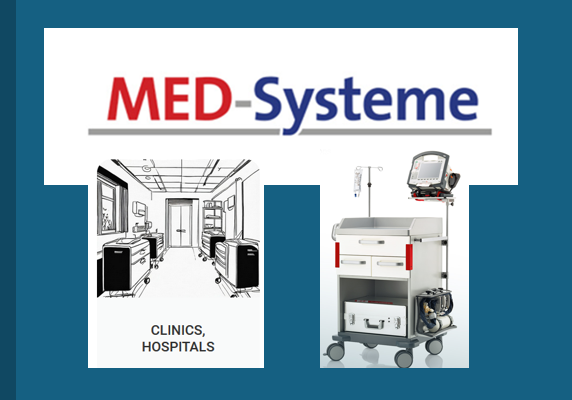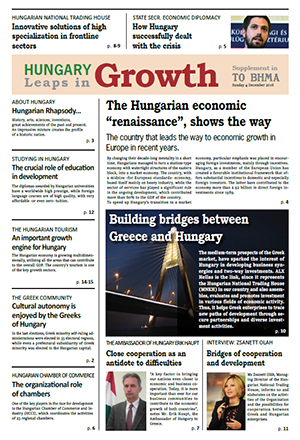Hungary provides various tax incentives, including discounts and subsidies for environmental protection and energy efficiency investments. However, the conditions and rules for obtaining these are subject to change, so it is highly advisable to carefully consider maximizing tax savings before starting any development.
The National Energy Strategy and the EU Green Deal stipulate and boost investments in energy efficiency and the transition to alternative energy sources. Thanks to these incentives, we are witnessing the proliferation of solar parks and rooftop panels, the growing popularity of electric cars, and Hungary’s ambitious pursuit of a global leadership role in battery manufacturing.
One of the simplest ways to finance a sustainability investment is the creation of a development reserve tax credit to reduce the corporate income tax base. The given year’s profit must be set aside into the tied-up reserve and used for investments in the following four tax years: 100% of the pre-tax profit can be used for such aim without an upper limit.
Furthermore, an additional temporary tax incentive became available in the corporate income tax system as of July 15 for investments of strategic importance in the transition to a net zero economy. The support must be assessed by Dec. 31, 2025.
The maximum support intensity is 15% in Budapest and 35% outside the capital, but it can be increased by 10% for medium-sized enterprises and 20% for small enterprises at national level.
The development tax allowance incentive may be used for investments in producing batteries, solar panels, wind turbines, heat pump equipment and related components.
Development tax allowances may also facilitate the financing of environmental investments. This is a direct credit from the payable corporate income tax itself, determined by considering the present value of the eligible costs of the investment and an EU conform intensity rate. The support may differ depending on the size of the enterprise and the location of the investment. A 1.8% effective CIT rate is available, which can be used for 13 tax years, but at the latest, by the end of the 16th tax year from the start of the investment. To activate the subsidy, prior notification is required, and it is mandatory to operate the completed investment for a specified period. In the case of an independent environmental protection investment, the entitlement limit is HUF 100 million at present value. The entitlement thresholds are even more favorable for SMEs.
Another option, the energy efficiency tax credit, may be used up to 70% of the calculated tax. Depending on the applicable intensity rates, a maximum tax saving of 45+20% of the eligible investment costs may be achieved, up to EUR 15 million. The credit may be utilized in six tax years, and the investment must be operated for at least five years. The advantage is that the central Hungarian region is also subsidized, but only one of either the development tax allowance or the energy efficiency tax credit may be applied to the same investment.
Finally, it is worth mentioning that an incentive for establishing an electric charging station is also available as a reduction from the tax base for the total purchase investment value, on the condition that the respective CIT saving falls under the so-called de-minimis subsidies.
If you plan an environmental protection or energy efficiency investment, you should assess the available tax incentives. Preparation and administration of feasibility studies, tax optimization calculations, tax allowance claims, subsidy documentation and specific audits need professional support. You may rely on LeitnerLeitner’s specialized full-scope tax incentive service package. LeitnerLeitner is one of Central Europe’s most influential tax, accounting, audit and legal consulting companies, with global coverage through the Taxand and Praxity networks.
Source: Budapest Business Journal












